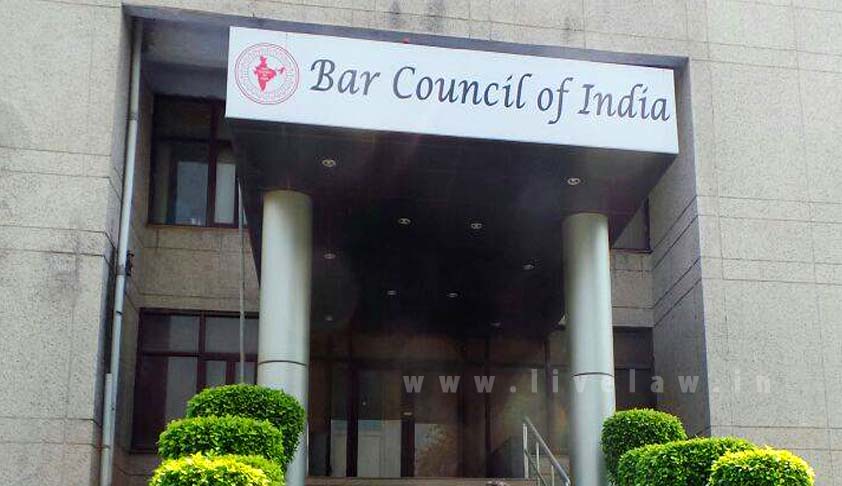SC refers plea against AIBE to constitution bench; 3 questions framed
LIVELAW NEWS NETWORK
18 March 2016 2:02 PM IST

Next Story
18 March 2016 2:02 PM IST
Chief Justice T S Thakur-led bench of the Supreme Court today referred the petition challenging the All India Bar Examination (AIBE) to a constitution bench after it framed three questions with the help of senior lawyer K K Venugopal who was earlier appointed amicus curiae in the contentious matter.It is to be noted that on March 4, after expressing concern over the falling standard of...
